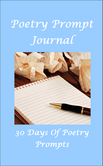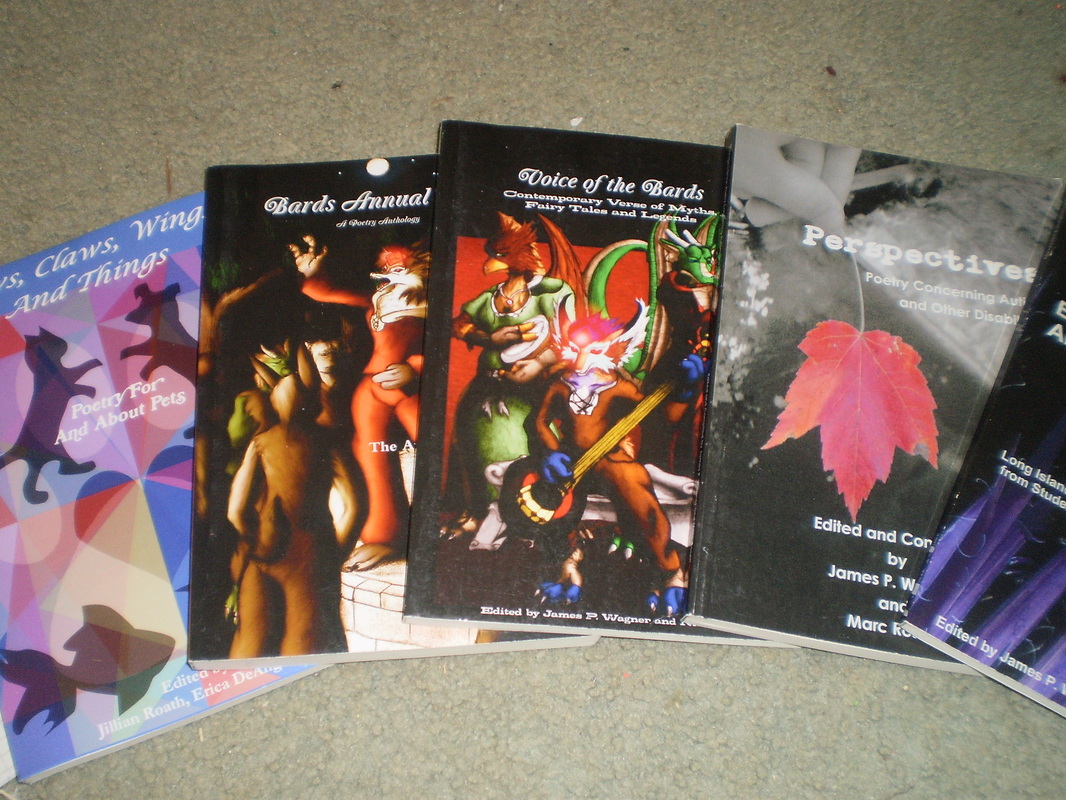A. For mail-in submissions always always always include a self-addressed stamped envelope! Always! Also, include sufficient postage if you wish for your poems to be sent back to you.
B. For online submissions, avoid sending your submissions from someone else's e-mail address. If you use your son's, wife's, cousin's, or neighbor's e-mail address, it makes things a little more difficult for the editors. It can be frustrating to get a submission from "John Smith," with no name in the body of the e-mail only to find out after sending John his acceptance letter that you have actually accepted a poem by "Maggie Baker-Smith."
C. I would recommend starting a new e-mail address for publishing and writing or using a professional sounding address if you already have one. Treat sending your work out the same way you would treat sending out your resumé during a job search. Having a separate e-mail address will also make it easier to keep track of what you've sent where.
D. For e-mail submissions, make sure you state your name as you would like it to appear in the publication somewhere in the e-mail. It's also a good idea to e-mail yourself so you know how your name shows up for the receiver. Again, this makes life easier for the editor by avoiding possible name confusion.
E. For online form submissions, beware autofill. Autofill is a feature in most browsers that will automatically fill in un-populated fields on a form based on forms you have filled out in the past. It can be quite useful when buying things online, but it's not always accurate. Make sure you check the form for errors before hitting the submit button. Never assume technology is a substitute for your due diligence!
Above all, keep in mind:
If any of these tips break tip #1, however, (some publications require anonymous submissions) ignore them! Make sure, you always follow the submission guidelines.
(To Be Continued)...
Check back each day this week for a new tip.
-Nick Hale




 RSS Feed
RSS Feed